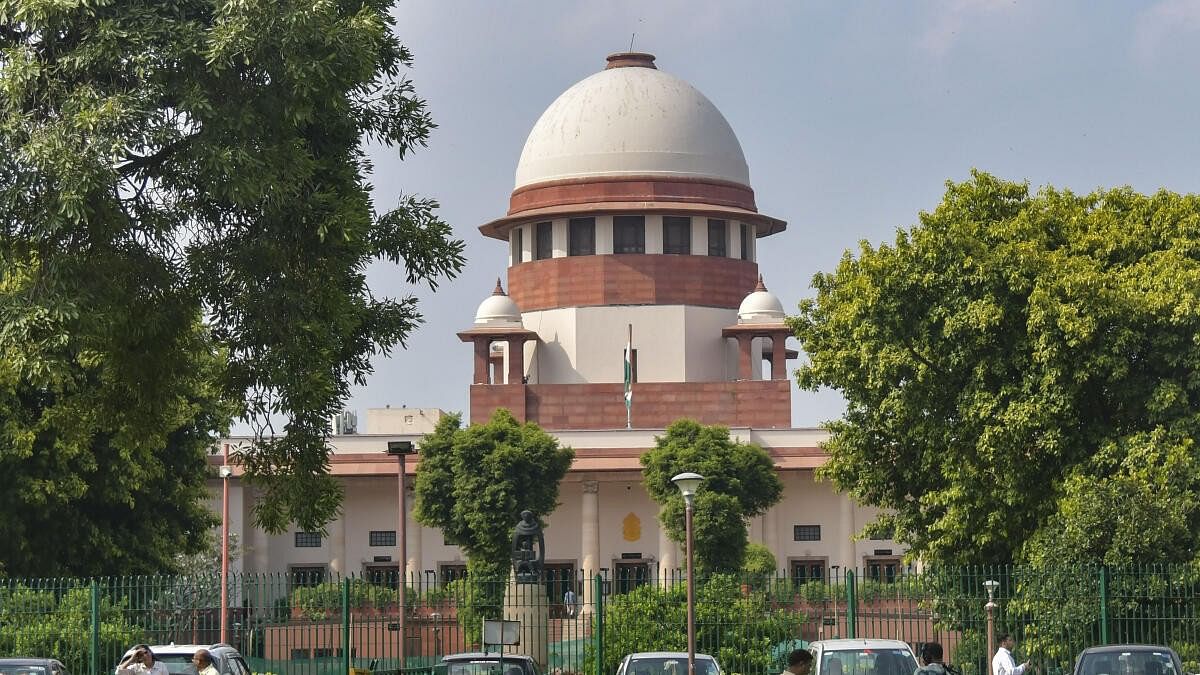
The Supreme Court of India.
Credit: PTI Photo
Delivering a historic judgment on a batch of petitions challenging the validity of the Electoral Bonds Scheme, the Supreme Court on Thursday held it "unconstitutional" and violative of the Right to Information and Article 19(1)(a). Two separate but unanimous verdicts were delivered by a five-judge Constitution bench headed by Chief Justice D Y Chandrachud.
The Congress hailed the Supreme Court striking down Electoral Bond Scheme, asserting it will reinforce power of votes over notes. Trinamool Congress (TMC)'s Saket Gokhale too praised the verdict as the top court's most "historic judgment and intervention in the last 5 years".
Here are the key takeaways from the verdict:
1) The Supreme Court said the Electoral Bonds Scheme violates the fundamental Right to Information of citizens to know who is contributing money to political parties. It said infringement of the Right to Information in the scheme is not justified.
2) The court ordered the State Bank of India -- which issues electoral bonds -- to stop issuing bonds and disclose the details of the bonds encashed by the political parties to the Election Commission, besides publishing it on its website by March 13, 2024.
3) The court also observed that the Electoral Bonds Scheme was not the only way to curb black money, and financial support to political parties can lead to quid pro quo arrangements.
4) The Supreme Court asserted that amendments in the Companies Act permitting unlimited political contributions by companies were "arbitrary" and "unconstitutional".
5) The court also said not all political contributions are made with the intent to alter public policy as students, daily wagers, teachers etc also contribute. To not grant an umbrella of privacy to political contributions only because some contributions are made for other purposes is not impermissible, it added.
6) It also held as invalid the amendments made in various laws, including the Representation of Peoples Act and the Income Tax laws.
What is Electoral Bond Scheme?
Notified by the government on January 2, 2018, the scheme was pitched as an alternative to cash donations made to political parties as part of efforts to bring transparency in political funding.
The provisions of the scheme allow electoral bonds to be purchased by any citizen of India or entity incorporated or established in the country.
An individual can buy electoral bonds, either singly or jointly with other individuals without disclosing their identity.
The Supreme Court had in November last year reserved its verdict in the matter.
(With PTI, DHNS inputs)